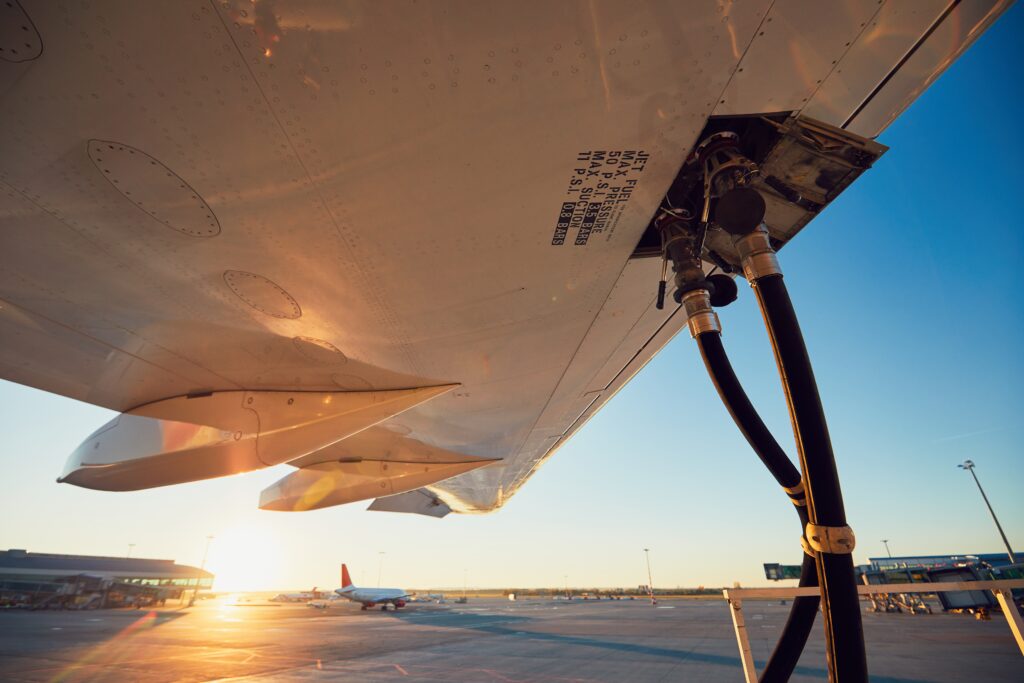
Nuclear power is essential for meeting the UK’s ambitious Sustainable Aviation Fuel (SAF) targets, says Equilibrion, a UK project and development company specialising in the use of nuclear energy for net zero and creator of Eq.Flight, a SAF production system capable of slashing aviation fuel emissions by up to 91%.
In response to the recent statement to Parliament on SAF initiatives (22nd July), Equilibrion highlights the critical role that nuclear power plays in achieving the UK’s targets to kick-start economic growth and establish Britain as a ‘clean energy superpower.’
Today, fossil fuels remain the largest source of greenhouse gas emissions. While renewables such as wind and solar are advancing, they face major limitations in scalability and in meeting demand, particularly in sectors where electrification is infeasible.
The aviation industry relies almost entirely on fossil fuel kerosene, making it one of the most carbon-intensive forms of travel. The industry has challenging emissions reduction targets but faces an uphill struggle in securing the energy needed for the cleanest SAF production.
To meet near-term SAF usage targets, the aviation sector has turned to less environmentally friendly solutions that are in such limited supply that it is falling short of the International Civil Aviation Organization’s (ICAO) goal of achieving net zero carbon emissions from international aviation by 2050.
“The UK government’s SAF mandate targets 22% SAF use in total jet fuel demand by 2040. To achieve this, a reliable and consistent energy supply is essential. Nuclear energy, often overlooked, is the only long-term solution that can sustainably meet this need.” says Caroline Longman, Co-Founder of Equilibrion. “Nuclear is essential for decarbonising air travel and ensuring a sustainable energy future, and both UK and international governments acknowledge this by including it in their aviation decarbonisation policies” she adds.
Government supported analysis shows that SAF produced using energy from nuclear provides the cleanest form of air travel and calculations by Equilibrion agree. A single Small Modular Reactor (SMR) can produce at least 92,000 tonnes of SAF annually, which would power 2,100 London-New York flights, create 6,000 jobs and reduce greenhouse gas emissions equivalent to the annual energy use of 62,000 homes, demonstrating significant environmental and economic benefits.
Longman also welcomes the recent statement from Ed Miliband, Secretary of State, who reaffirmed the government’s commitment to nuclear power in order to establish Britain as clean energy superpower. “We are committed to using nuclear energy to cut carbon emissions from heating, transport, and industry,” says Longman. “Our goal is to build the UK’s first large-scale facility that produces PtL (Power-to-Liquid) using nuclear power. By 2035, we aim to produce at least 30 million US gallons (92,200 tonnes) of nuclear-enabled PtL. This effort will reduce CO2 emissions by over 300,000 tonnes per unit each year, enhance energy security, create well-paying clean energy jobs in the UK, and make the UK a global leader in PtL production.”
However, Longman warns that significant investment is required, and quickly. “The civil servants working on this policy area have made remarkable progress so far. However, any delay in implementing the Revenue Certainty Mechanism could jeopardise the ability of projects like Eq.Flight to secure investment. There is still a long way to go, and we firmly believe that the UK’s path to net-zero flight requires the scalability and sustainability of nuclear energy. With Eq.Flight, this approach will also be more cost-effective, sustainable, secure, and will create more UK jobs compared to other SAF production pathways.”
The role of nuclear to decarbonise air travel is fully supported by Tom Greatrex, Chief Executive of the Nuclear Industry Association, who calls for a new nuclear programme. “Exciting solutions like sustainable aviation fuels need the clean, concentrated, and reliable energy that nuclear alone provides. A comprehensive new nuclear programme can help Britain go beyond decarbonising the power supply to become an industrial leader in sectors net zero aviation and seize the full opportunities of a green economy” said Greatrex.
About Equilibrion and Eq.Flight
Equilibrion is a nuclear strategic and technical consultancy and project development company. Formed in 2022 by Caroline Longman and Philip Rogers to realise the potential of nuclear energy and mitigate the worst effects of climate change. Caroline and Philip have a combined 30 years of delivering of major nuclear innovation projects and advise on policy development on the role of nuclear in decarbonising sectors such as transport, heat and industry.




